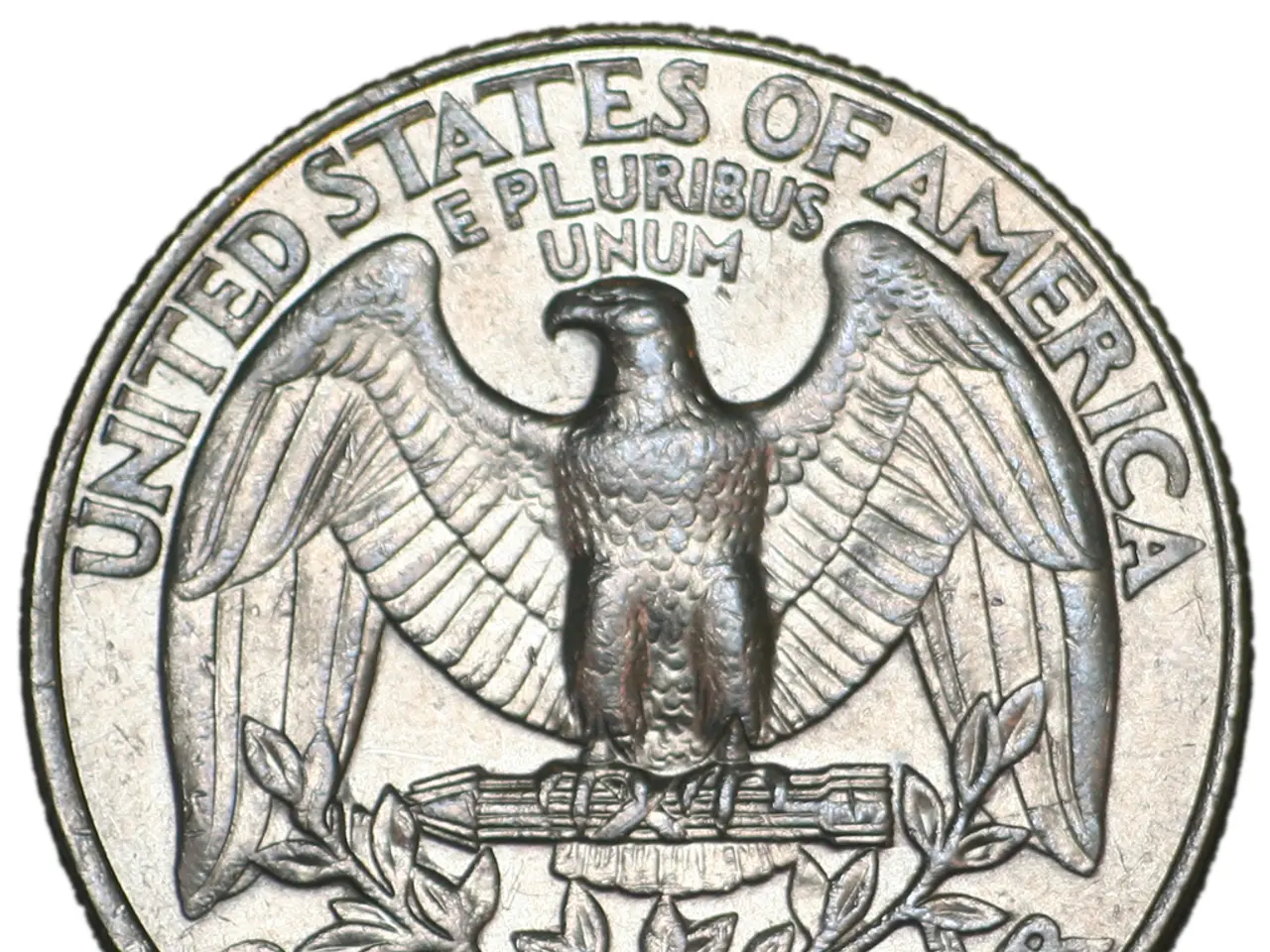Government of Pakistan Introduces Bitcoin Reserves at 2025 Bitcoin Convention
Pakistan Embraces Cryptocurrency: Establishing a Government-Led Bitcoin Strategic Reserve
Pakistan has taken a significant step in the world of digital finance by announcing the establishment of a government-led Bitcoin Strategic Reserve at the Bitcoin Vegas 2025 conference. This move marks a pivotal moment in Pakistan's digital asset strategy, aligning with the pro-crypto stance advanced under the Trump administration in the United States.
The strategic Bitcoin reserve, funded by bitcoin assets originally forfeited by the U.S. Treasury, is not intended for speculative trading but as a long-term sovereign crypto asset, similar to a national reserve. This reserve is a part of Pakistan's goal to build a transparent, future-ready financial ecosystem that attracts investment and empowers Pakistan's youth.
The Pakistani government has set up the Pakistan Crypto Council (PCC) to develop legal frameworks for cryptocurrency trading and regulation. In July-August, Pakistan formalized a policy framework under Anti-Money Laundering (AML) and Counter-Terrorism Financing (CTF) rules, aligning with Financial Action Task Force (FATF) standards. Additionally, the Pakistan Virtual Assets Regulatory Authority (PVARA) was established to oversee the digital assets ecosystem comprehensively.
The government has also allocated 2,000 megawatts of excess electricity specifically for Bitcoin mining and artificial intelligence data centers, leveraging Pakistan’s surplus energy to develop blockchain infrastructure and create economic value from unused resources.
Beyond cryptocurrency adoption, Pakistan is advancing initiatives under the "Web3 Policy Pakistan" to position the country as a regional blockchain and emerging technology hub. This includes pilot programs for a central bank digital currency (CBDC), reflecting a holistic approach to digital finance innovation.
Pakistan has also committed to strategic collaboration in Bitcoin technology and adoption with countries like El Salvador, demonstrating a global outlook toward cryptocurrency integration. With over 40 million crypto wallets, a young demographic (70% youth), and about 50,000 IT graduates annually, Pakistan is actively embracing "on-chain" digital transformation.
The recognition of cryptocurrencies as legal tender is a significant shift from the government's earlier position of never legalizing cryptocurrencies. This transformation in Pakistan's stance on digital assets was marked by the formation of the Crypto Council and the introduction of regulatory reforms. The amendment to the SBP Act, which formally recognized cryptocurrencies as legal tender, was made at a time when the U.S. was also advancing a pro-crypto stance under the Trump administration.
In conclusion, Pakistan has transitioned from a position of cautious skepticism to becoming one of the leading governments globally to create structured, sovereign Bitcoin reserves complemented by clear regulatory policies and infrastructure programs supporting cryptocurrency adoption and blockchain-based economic development.
- The Pakistani government, aligned with the pro-crypto stance of the Trump administration in the United States, has shown a keen interest in embracing technology beyond cryptocurrency, with initiatives such as the "Web3 Policy Pakistan" aiming to establish Pakistan as a regional blockchain and emerging technology hub.
- To further cement its position in the digital finance ecosystem, the Pakistani government is also collaborating strategically in Bitcoin technology and adoption with countries like El Salvador, and has expanded its focus to include the development of a central bank digital currency (CBDC), demonstrating a holistic approach to digital finance innovation.




